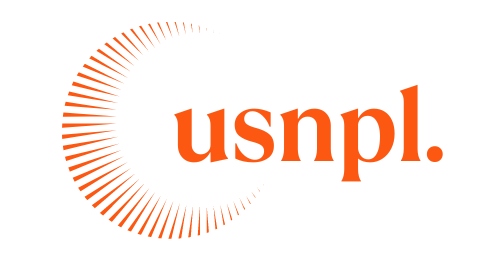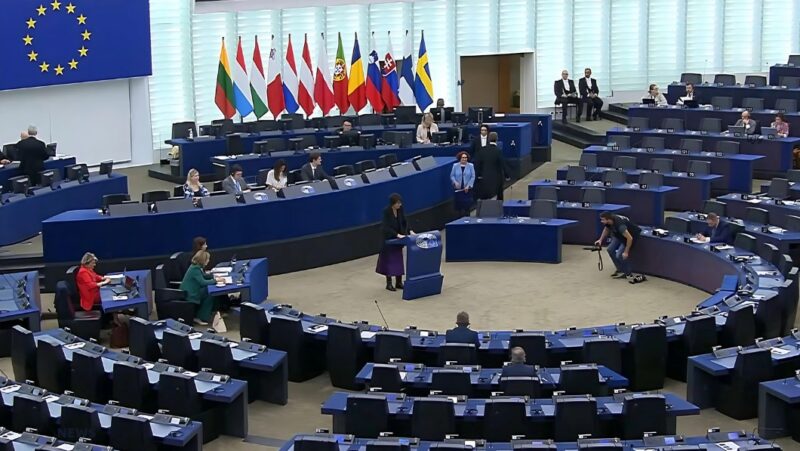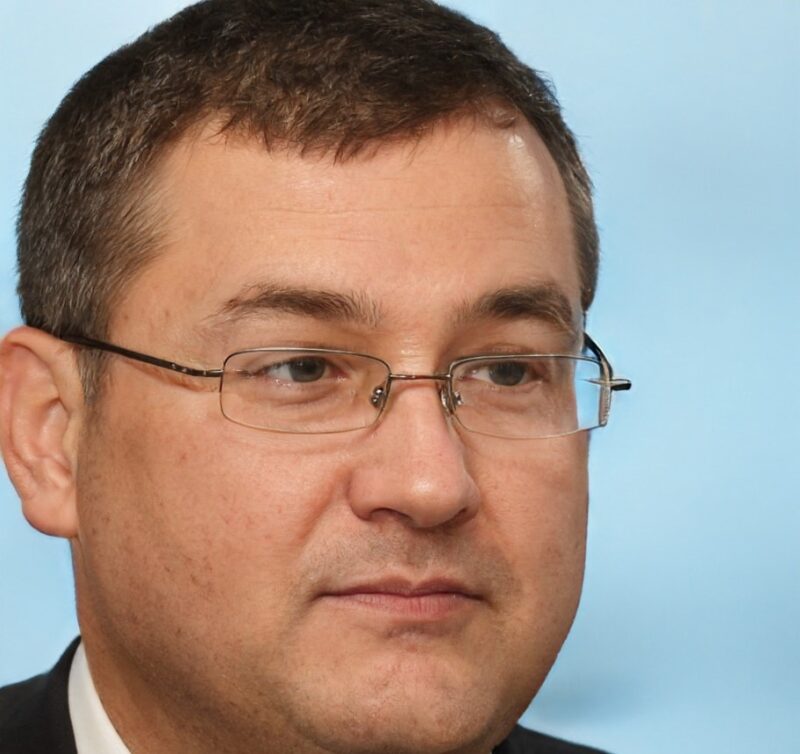MEPs on Wednesday gave their final green light to new legislation to protect EU journalists and media from political or economic interference.
Under the new law, adopted by 464 votes in favour to 92 against and 65 abstentions, member states will be obliged to protect media independence and all forms of interventions in editorial decisions will be banned.
“Journalists now have an ally, a set of tools that protects them, boosts their independence and helps them face challenges, interference and the pressure that they are often confronted with in their job.
This Regulation is a response to Orbán, Fico, Janša, Putin and those who want to transform media into their own propaganda tools or spread fake news and destabilise our democracies. No journalist should ever fear pressure of any sort when doing their job and informing citizens.” – The rapporteur from the Civil Liberties Committee Ramona Strugariu (Renew, RO)
Key Takeaway
- The EU law protects journalists from being unfairly influenced or controlled.
- It makes sure everyone knows who owns the media and how they get their money.
- The law stops big online companies from wrongly blocking or removing news stories.
Protecting journalists’ work
Authorities will be prohibited from pressing journalists and editors to disclose their sources, including by detaining them, sanctions, office searches, or by installing intrusive surveillance software on their electronic devices.
Parliament added sizeable safeguards to allow the use of spyware, which will be possible only on a case-by-case basis and subject to authorization by a judicial authority investigating serious crimes punishable by a custodial sentence.
Today, @Europarl_EN made history.
The Media Freedom Act will safeguard journalists from interference, protects them from revealing sources & ensures transparency of media ownership.
It fights disinformation.
For Daphne. For Ján. For all journalists threatened.
For democracy. pic.twitter.com/VgEhnafVe8
— Roberta Metsola (@EP_President) March 13, 2024
Even in these cases, subjects will have the right to be informed after the surveillance has occurred and will be able to challenge it in court.
Countries like Finland and Norway consistently rank high in the World Press Freedom Index, thanks in part to their robust legal protections for the media and transparency in government operations.
Editorial independence of public media
To prevent public media outlets from being used for political purposes, their heads and board members should be selected through transparent and non-discriminatory procedures for sufficiently long terms of office.
It will not be possible to dismiss them before their contract ends unless they no longer meet the professional criteria.
To live in a democratic Europe means to live in a Europe with free media. There is no other option.
That’s why the European Parliament has passed the Media Freedom Act.
Read more about the new act: https://t.co/9rgUGZGUiW pic.twitter.com/ACRGzQeNIe
— European Parliament (@Europarl_EN) March 17, 2024
Public media will have to be financed using transparent and objective procedures, and the funding should be sustainable and predictable.
Transparency of Ownership
To enable the public to know who controls the media and what interests may influence reporting, all news and current affairs outlets regardless of their size will have to publish information about their owners in a national database, including if they are directly or indirectly owned by the state.
Media will also have to report on funds received from state advertising and on state financial support, including from non-EU countries.
Public funds to media or online platforms will have to be allocated via public, proportionate, and non-discriminatory criteria. Information on state advertising expenditure will be public, including the total annual amount and the amount per outlet.
“The significance of media plurality for a functioning democracy cannot be stressed enough”, rapporteur from the Culture and Education Committee Sabine Verheyen (EPP, DE) said in the plenary debate
Protecting EU media freedom from big platforms
MEPs made sure to include a mechanism to prevent very big online platforms, such as Facebook, X (formerly Twitter) or Instagram, from arbitrarily restricting or deleting independent media content.
Platforms will first have to distinguish independent media from non-independent sources. Media would be notified when the platform intends to delete or restrict their content and have 24 hours to respond.
Only after the reply (or in the absence of it) may the platform delete or restrict the content if it still does not comply with its conditions.
Media will have the option to bring the case to an out-of-court dispute settlement body and request an opinion from the European Board for Media Services (a new EU board of national regulators to be set up by the EMFA).


